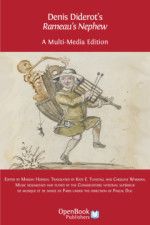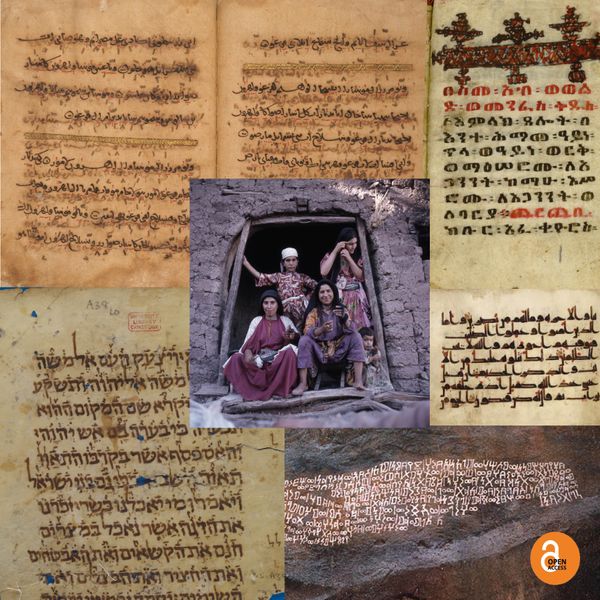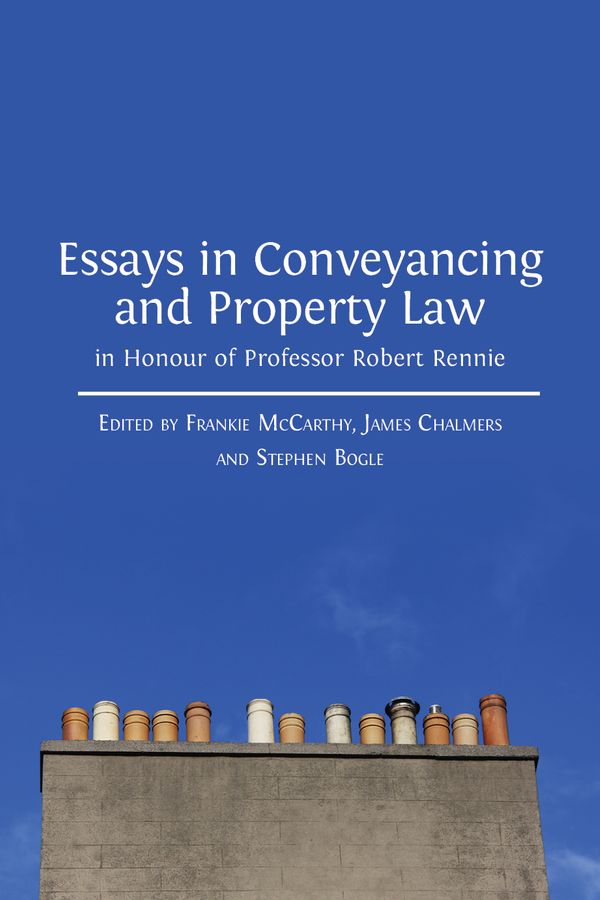Ownership and Cultural Heritage
This free to read book grew out of discussions about how multimedia technologies afforded scholars new ways of sharing documentation and scientific knowledge with the cultural owners of these collected oral genres. Funded by the Netherlands Organisation for Scientific Research (NWO), the project had two distinct and overarching goals: first, to explore the use of electronic tools to reach and to “activate” larger audiences, in particular African diasporas and local publics; and second, through an iterative discussion, to offer some theoretical reflections on the nature of partnerships (between scholars, storytellers, technicians, passionate amateurs and activist documentarians) in documentation and research. This edited volume speaks directly to these interrelated intellectual motivations.
Searching for Sharing is situated in a rich intellectual tradition that has long explored issues of orality, textuality, performance and cultural heritage, and it continues that conversation in the digital space. For all of the access that digital tools afford, the conversation around sharing cultural heritage, whether in person or online, always comes back to fundamental questions of ownership, trust, ethics and collaboration.
The collapsing of time and space — epoch and distance — through online multimedia tools has generated widespread confusion about where content stops and where context begins. Should YouTube be understood as the publisher, host, owner or disseminator of digitized fragments of African cultural heritage, or does it play all (or none) of these roles? Can content be liberated from its container (a codec, a shell, a frame or a folder), or have form and content now been collapsed into one? Can digitized cultural heritage, once it has been uploaded to a shared public space, ever truly disappear or be retracted? Have new forms of digital media effected a transformative change on the durability and visibility of the messages that they transmit?
These timely questions have impacted all of our disciplines, including museum practice and curatorial studies. Ever more museums of culture and ethnography are now engaged in complex and necessary conversations with the descendants of the people whose belongings (not objects), regalia (not costumes) and even ancestors (not human remains) they have the privilege and responsibility of ethically curating. Curatorial practice and archival practice are becoming more democratic and less authoritative. Curators of exhibits of cultural heritage regularly consult with communities for whom the collections have cultural meaning and relevance, sometimes leading to co-curation and even collaborative exhibit design.
The title of this book, Searching for Sharing, intentionally avoids the terminology of repatriation and return. In her introduction, Daniela Merolla introduces the concept of reusability, a term inherently more agnostic and more open to theoretical complexity. The new pathways of digital publishing and dissemination — so powerfully embodied in Open Book Publishers and others who are productively rethinking the future of the academic book — are also working to unsettle established hierarchies of colonial authority, widen access to knowledge and thereby find innovative ways to coordinate medium with message.
Searching for Sharing is the seventh volume in the World Oral Literature Series. The series was established to preserve and promote the oral literatures of indigenous communities by publishing materials on endangered traditions in ways that are both innovative and ethical. Situated at the intersection of anthropology and linguistics, the study of oral genres is an exciting and developing field, but one with few publishing outlets. The creative publishing practices adopted by Open Book Publishers make the dissemination of such unique traditions — in both textual and multimedia form — possible for the first time, recreating in the digital space some of the multimodal experience of the original recitation or performance that would otherwise be lost in traditional print.



